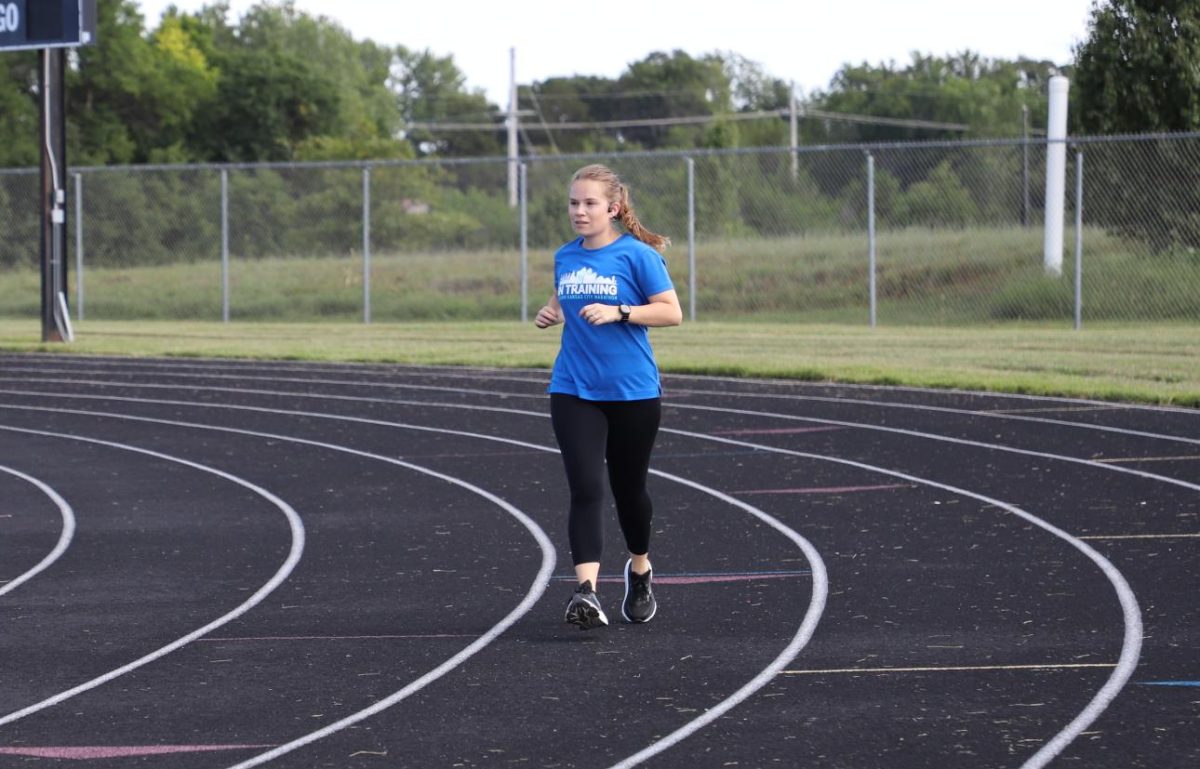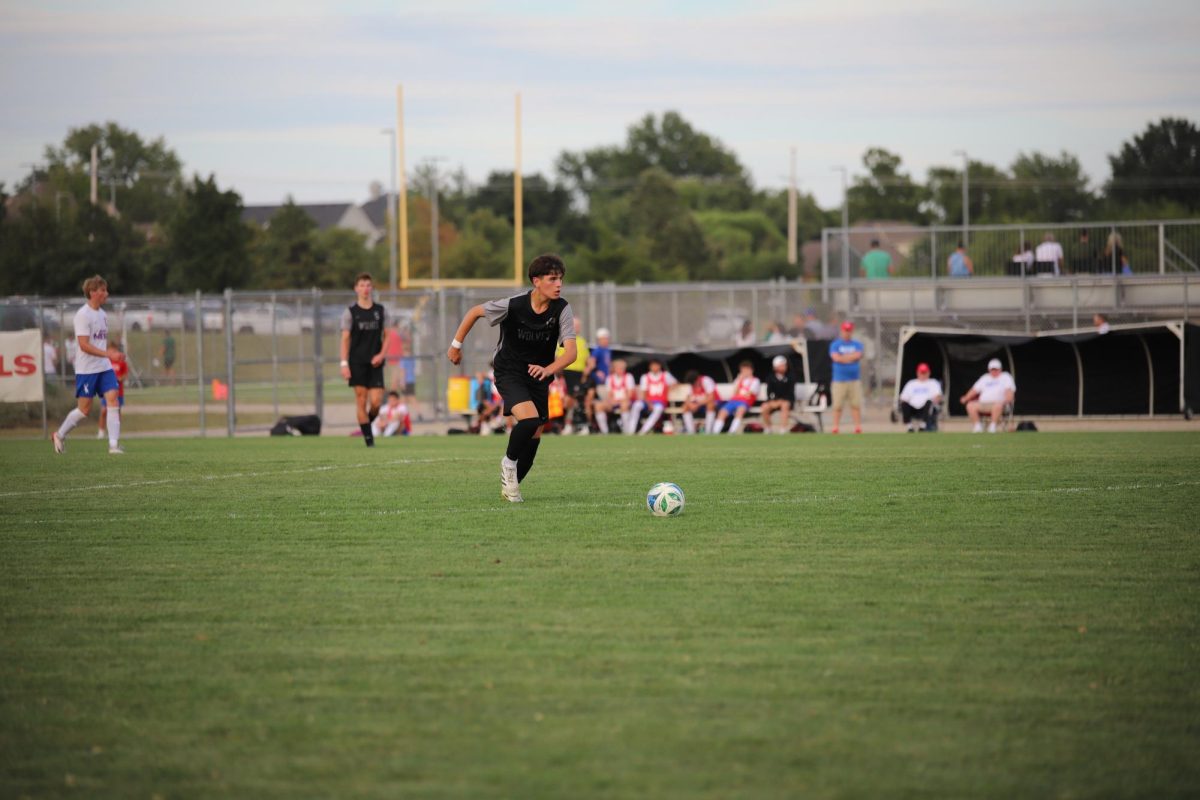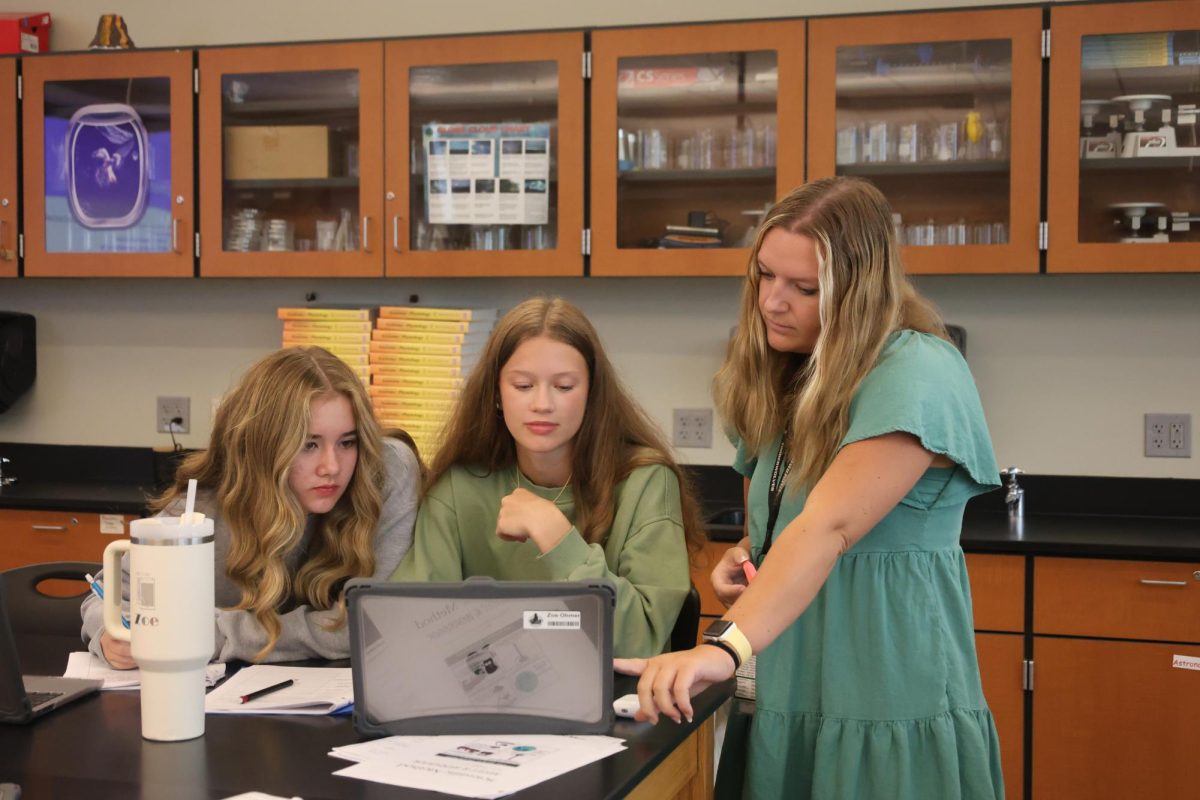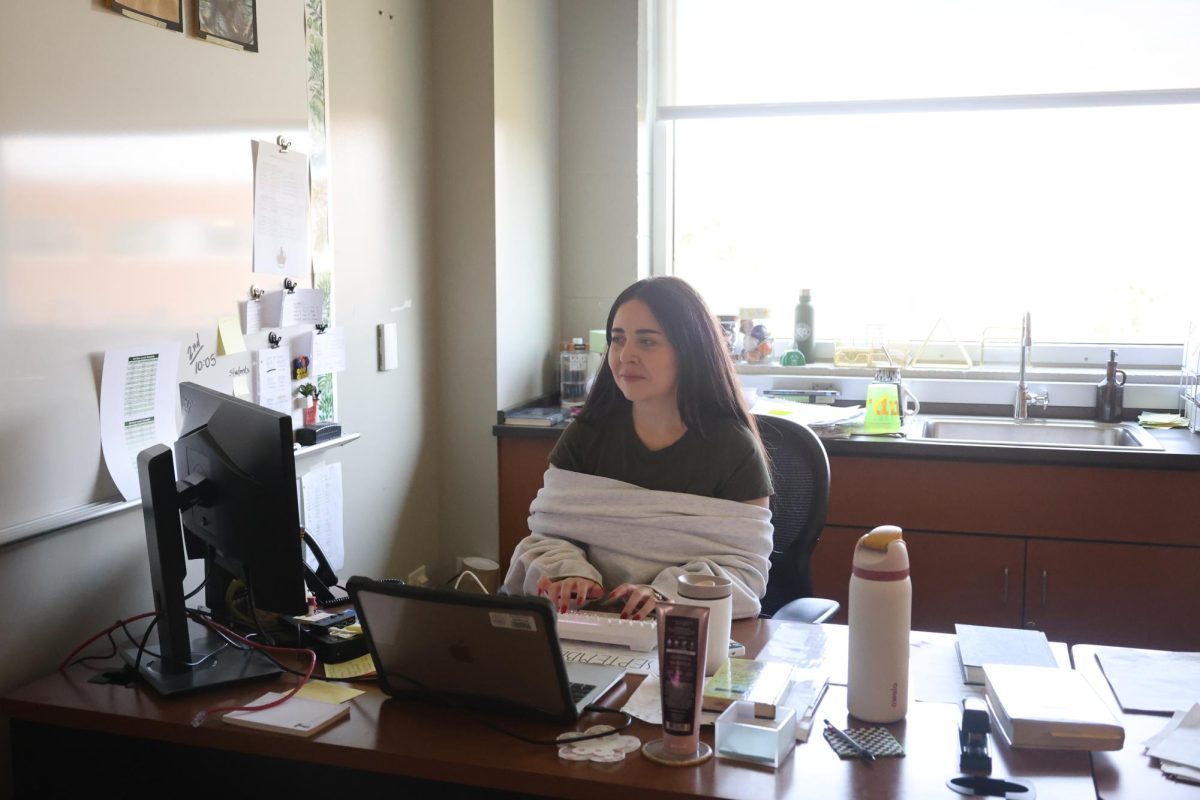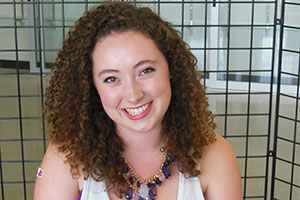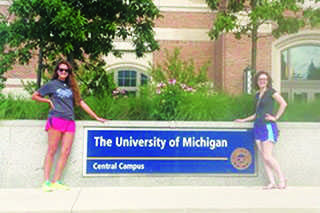
As summer begins to come to a close, many BVSW students find themselves relaxing in the sun, working their final shifts of the summer or even rushing to finish up the summer assignments that they’ve been procrastinating for the past two months. However, for four BVSW debaters, the lazy days of summer are over.
Seniors Lexi Oatman and Katie Super, along with juniors Chris Fry and Jacob Hegna spent the final weeks of summer listening to lectures, researching and sharpening their debate skills at month-long debate camps. What separates their camp experience from other debaters that go to local camps is that they had to travel over 700 miles to get there.
Oatman, Super and Hegna all traveled 776 miles to go to the Michigan Classic debate camp at the University of Michigan, while Fry embarked on the 732-mile trek to attend the Spartan Debate Institute (SDI) at Michigan State University. Their reasoning for traveling so far for camp revolved on the desire to have an edge over the debaters they will face in the coming season at national-level tournaments.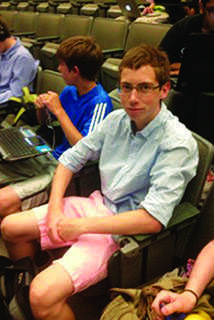
“There are really good camps in Kansas that I’ve gone to in previous years,” Super said. “But the advantage of going to Michigan is that it attracts debaters from all across the country that I could likely see at national circuit tournaments.”
Even if they haven’t made it to the national circuit, debate coach Jared Zuckerman sent teams to Michigan that he believes to have the potential for greatness.
“I never really expected to go because I never thought that I could be that competitive on the national circuit,” Hegna said. “Near the end of the school year when the top teams were choosing camps, our coach said that we should go, so I guess that’s how the decision was made.”
To improve their skills, debaters spend each day at camp sitting through lectures and attending labs,where college debaters instruct campers and have practice debates. These activities are standard at debate camps, but what sets SDI and Classic apart is that, according to the SDI camp page, there is a greater emphasis on improving each individual’s skills, not just teaching through mass lectures. The difference isn’t entirely debate-oriented, but personal as well.
“I’ve made so many friendships that I will carry around through the season,” Oatman said. “My lab has gotten incredibly close and I feel like this is my new home.”
Aside from improving their skills and fostering new friendships, debate camp has also provided valuable life and college experience.
“I’m now used to living in a dorm and using public showers,” Oatman said. “Also, having to ration out my money and be smart since I have a limited amount to last me four weeks.”
Though the thought of spending four weeks at camp seemed daunting to some, it wasn’t too hard for these debaters to settle in.
“I felt somewhat nervous right before camp because many of the debaters who go to Michigan are significantly better than me,” Super said. “But I’m not really nervous any more because camp is fun and relaxed.
Unlike Super, Fry and Hegna didn’t experience any pre-camp jitters, so they began to appreciate camp right away. For Fry, the most enjoyable part of camp was “significantly developing my skills on a higher level.”
Hegna, however, had other reasons to enjoy his time at camp. 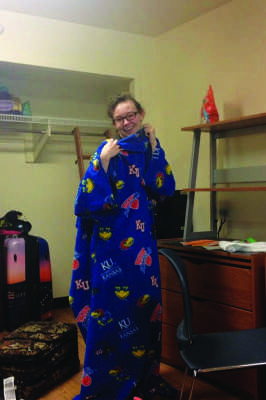
“I don’t really want to go home because living on a college campus with a decent amount of money and not much responsibility is quite fun,” Hegna said.
Despite having different initial reactions to camp, all four debaters are likely to remember their camp experience long after they pack up their bags and head home.
“I’ve gotten close to so many people here,” Oatman said, “It’s been such a positive environment and I know I will never forget this summer simply because of all these amazing people.”


